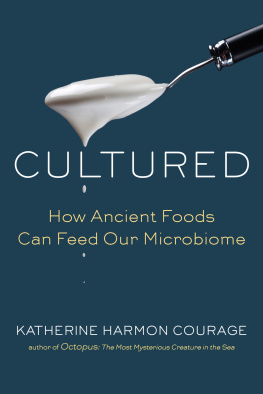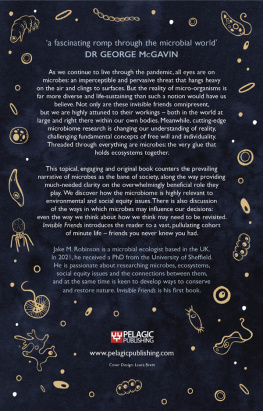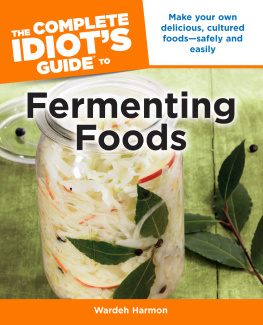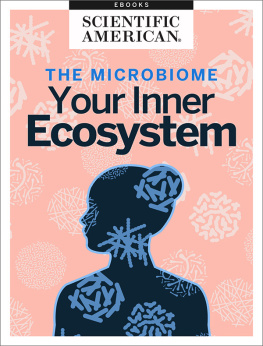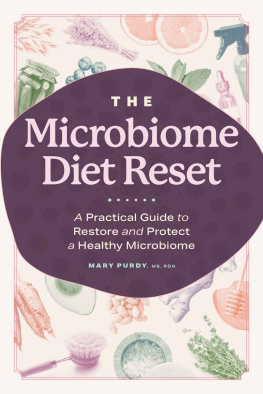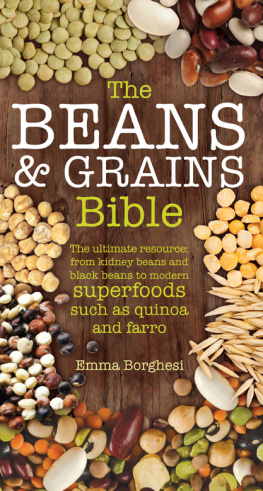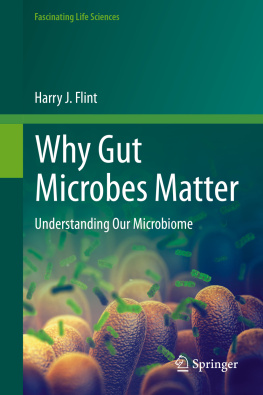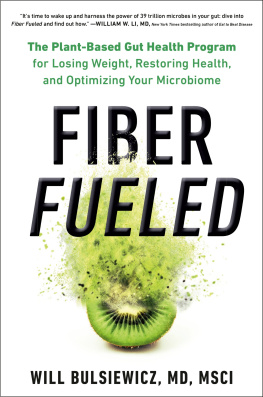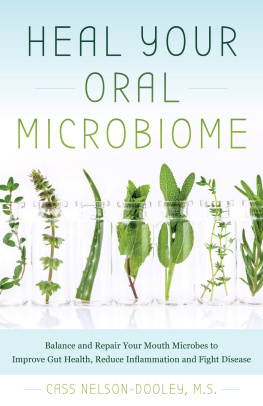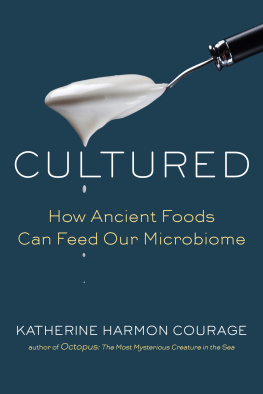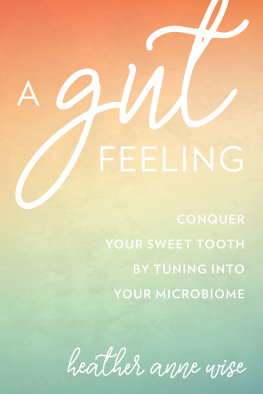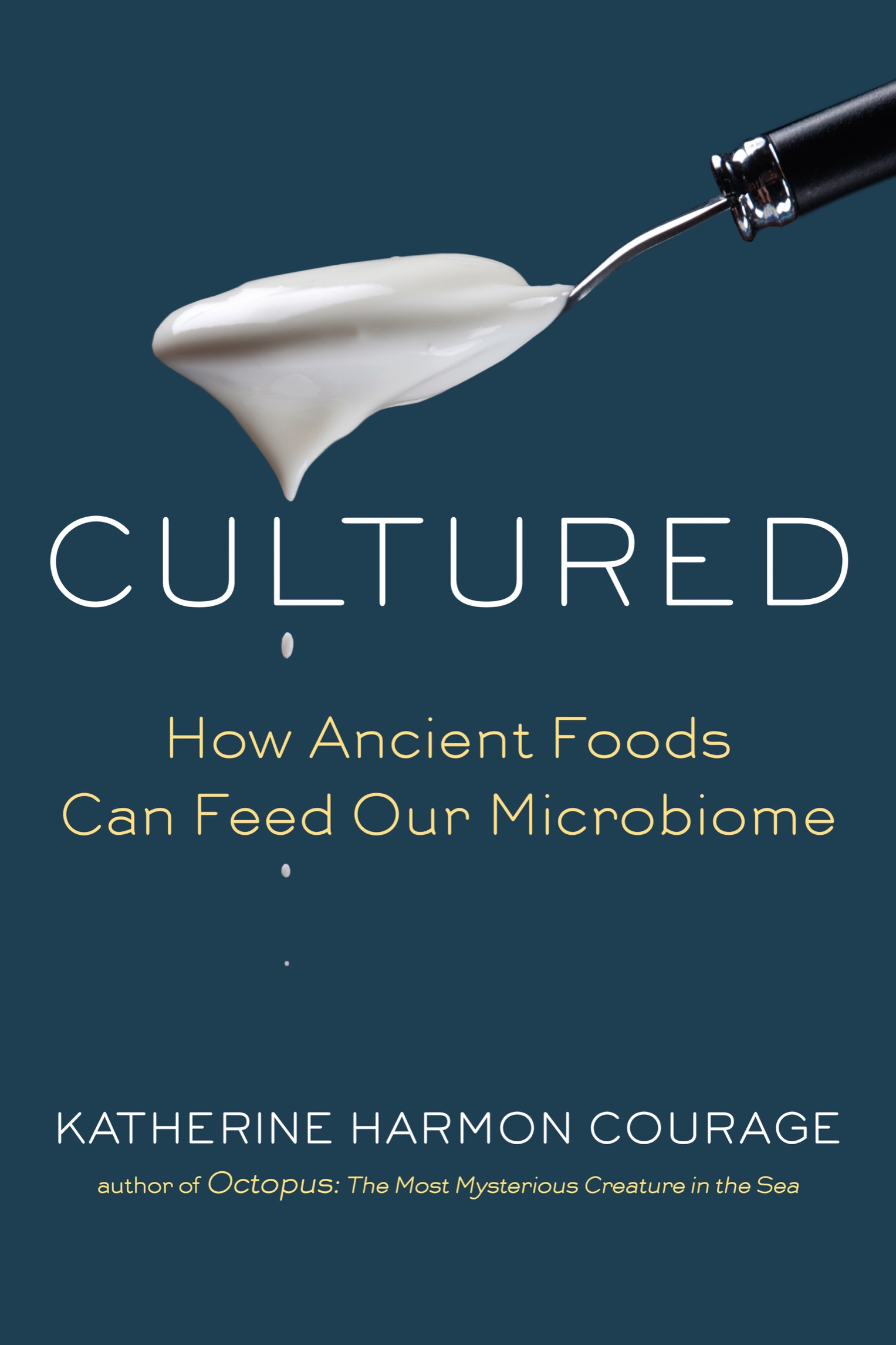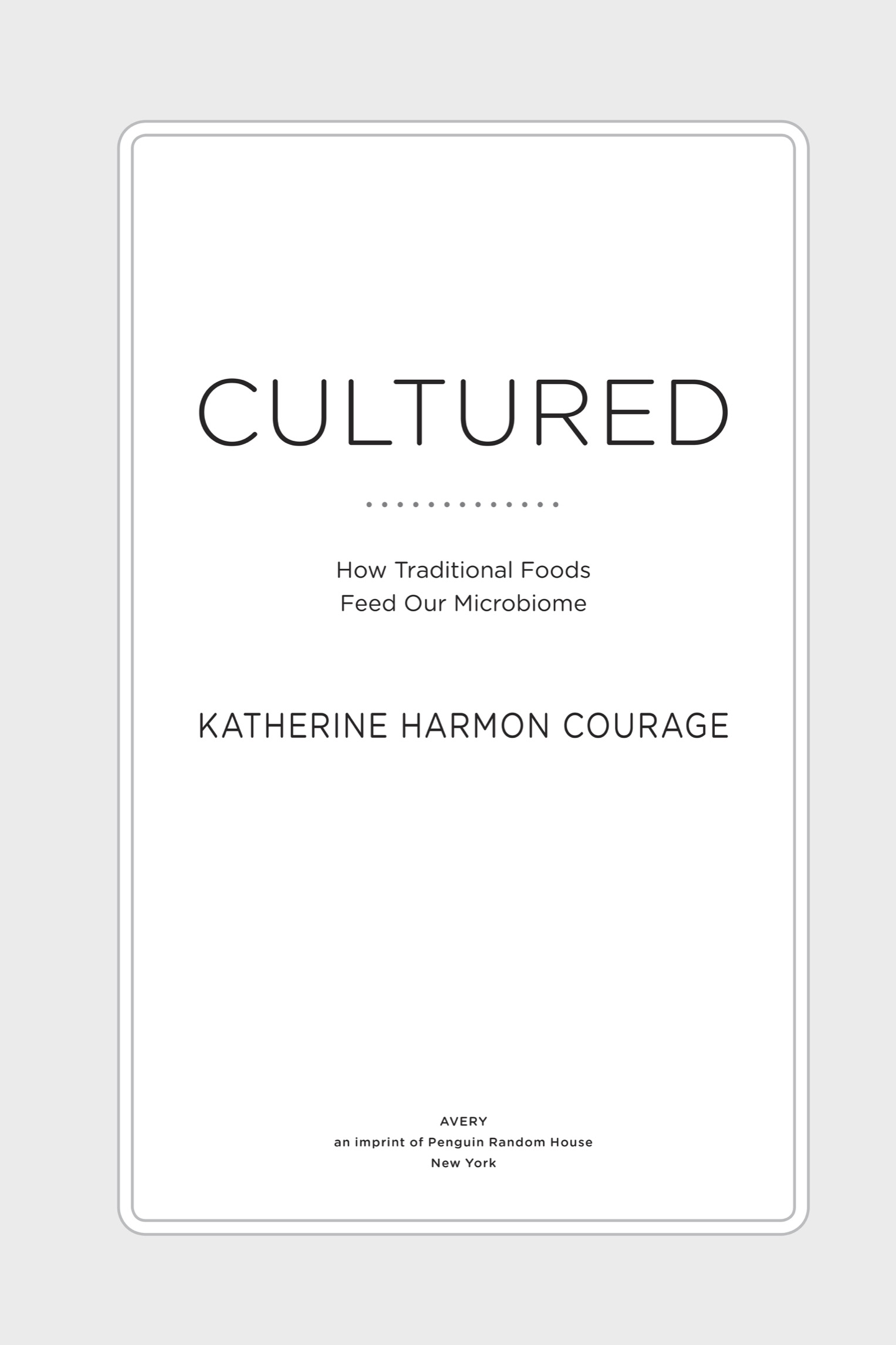ALSO BY KATHERINE HARMON COURAGE
OCTOPUS: THE MOST MYSTERIOUS CREATURE IN THE SEA
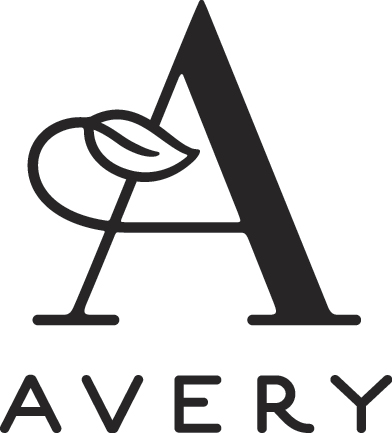
an imprint of Penguin Random House LLC
penguinrandomhouse.com
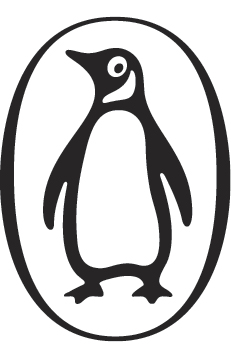
Copyright 2019 by Katherine Harmon Courage
Penguin supports copyright. Copyright fuels creativity, encourages diverse voices, promotes free speech, and creates a vibrant culture. Thank you for buying an authorized edition of this book and for complying with copyright laws by not reproducing, scanning, or distributing any part of it in any form without permission. You are supporting writers and allowing Penguin to continue to publish books for every reader.
Library of Congress Cataloging-in-Publication Data
Names: Courage, Katherine Harmon, author.
Title: Cultured : how ancient foods can feed our microbiome / Katherine Harmon Courage.
Description: New York : Avery, an imprint of Penguin Random House, [2019] | Includes bibliographical references and index.
Identifiers: LCCN 2018049621| ISBN 9781101905289 (hardcover) | ISBN 9781101905296 (ebook)
Subjects: LCSH: FoodMicrobiologyPopular works.
Classification: LCC QR115 .C68 2019 | DDC 579/.16dc23
LC record available at https://lccn.loc.gov/2018049621
p. cm.
Neither the publisher nor the author is engaged in rendering professional advice or services to the individual reader. The ideas, procedures, and suggestions contained in this book are not intended as a substitute for consulting with your physician. All matters regarding your health require medical supervision. Neither the author nor the publisher shall be liable or responsible for any loss or damage allegedly arising from any information or suggestion in this book.
Version_2
To my mom and dad, Pamela Rogers and William Harmon:
Thank you for encouraging me to ask lots of questionsand to get my hands dirty.
CONTENTS
I contain multitudes.
WALT WHITMAN, SONG OF MYSELF, 1855
The dependence of the intestinal microbes on the food makes it possible to adopt measures to modify the flora in our bodies.
LIE METCHNIKOFF, THE PROLONGATION OF LIFE: OPTIMISTIC STUDIES, 1907
INTRODUCTION
We Are Not Alone
We enjoy seeing ourselves as the evolutionary apex, striding confidently, inevitably out of the primordial muck, descending from the trees, and perfecting our proud, upright posture.
I hate to be the bearer of humbling news, but we have not arrived at this perceived pinnacle alone. Weve had help. Im not talking about ancient apes or even the asteroid that wiped out the dinosaurs. Im talking about bugs.
More precisely, weve had help from the trillions of bacteria, fungi, viruses, and archaea that have inhabited our bodies for millions of yearsand had existed on this planet for billions of years before we even came along. Walt Whitman was more correct than he ever could have known. We contain multitudes beyond our wildest imaginations.
Not only do we contain these multitudes, but we also depend on them. Without our microbes, we wouldnt be here. We would never develop properly functioning immune systems, we would not get many of the extra nutrients we need from food, and our whole bodiesinside and outwould be a vast, open, welcoming landscape for opportunistic pathogens to find a home. We would be dead meat.
Recently we have not been doing these essential microbes any favors. Through our own passion for progress and scientific crudeness, and with a dash of hubris, weve actually been doing a fairly expeditious job ruining this complex and crucial bodily ecosystem. Our microbes, known collectively as the human microbiota or microbiome, are disappearing.
This transformation is occurring just as we are beginning to learn about our microbes roles in health and disease. We are discovering links between changes in the microbiota and obesity, allergies, diabetes, and depressionall of which are currently soaring, despite our advances in medicine.
If we looked at our daily choices through the eyes of our microbes, it would appear as if weve been working systematically to make their lives and livelihoods difficultif not impossible. Its as if weve been on a blind rampage against some of our most important collaborators.
There are many ways in which weve stopped providing forand in many cases, directly assaultedour microbes. In just the past several generations, we have dramatically changed course from the vast majority of human history and prehuman evolution.
During this time, we have been waging a war on our microbes. For example, taking indiscriminate antibiotics This assault has been a swift and efficient onea cataclysmic extinction event in a matter of mere decades out of humans 200,000 years. Just seconds in our species day in the sun. And the vast health implications of this change are just beginning to dawn on us.
There is, however, another quietly powerful force acting on our microbiotasa factor that has also veered wildly in recent generations. It is one that we are almost entirely in control of: diet.
Diet is in fact one of the most powerful ways we can influence our microbes. And we get to use it every day, multiple times. The thing is, never has what our species eats changed so quickly. Our great-grandmothers never tasted a drop of high-fructose corn syrup, let alone soda sweetened with sucralose. Several generations ago, there was no such thing as safe canning to preserve food. And for more than 99 percent of our species time on the planet, we were all hunter-gatherers by necessity. Even the most ancient of food innovations, the invention of agriculture, has happened in a proverbial blink of an evolutionary eye.
And we are now learning that most everything we eatfrom probiotic yogurt to a serving of asparagus to a fatty pork chophas an effect on our microbes, which in turn have an effect on us. And rapidly. What you eat for one meal can change the composition of your microbiome within twenty-four hours. Not only that, but it is also becoming clear that these microbes play a key role in translating our diet to health outcomesgood and bad.
Since the time of Galileo, it has been a slow move to stretch our minds away from the gravitational pull of the human-centric universe. The microbiome provides yet another mind-boggling reminder that we are neither masters of the cosmos, nor even truly masters of our own bodies.
For most of our history, unbeknownst to us, we gave our microbes food and shelter. They gave us protection from pathogens, extra available calories and vitamins, a well-tuned immune system, and possibly even mood regulation. Changes to our genes, environment, and diet were slow. Our microbes were able to adapt to usand we could adapt to them.
It wasnt a bad deal for either party. It is, after all, a two-way street of survival. Many species or strains of microbes have spent so long in the human gut (millennia upon millennia, getting passed along from generation to generation, back to our primate ancestorsand even beyond that) that it is the only place they can live. In other words, your microbes depend on you just as much as you depend on them. Perhaps more so. As a team of researchers noted in the journal

